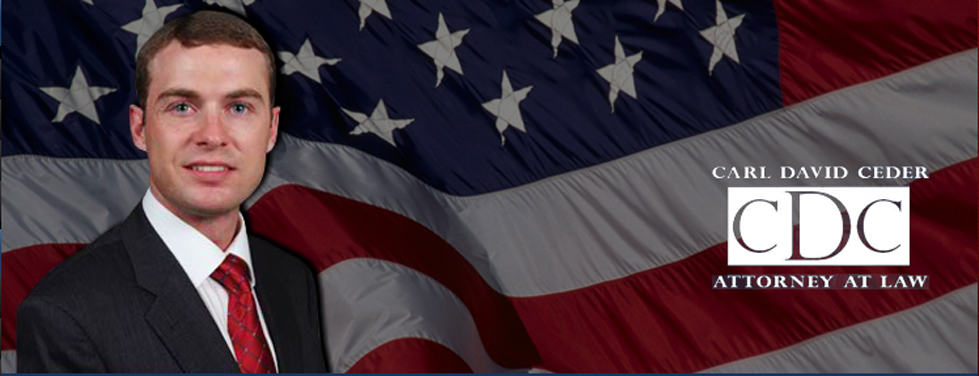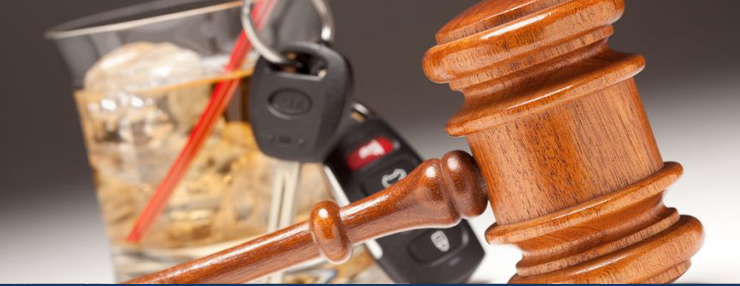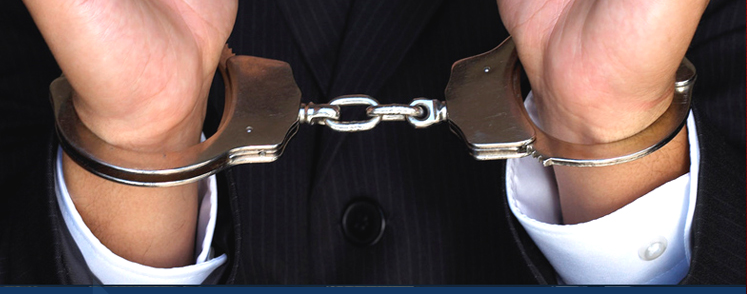Texas Weapons Charge Attorney
There can be very serious legal consequences for an individual if they are caught carrying a weapon in the State of Texas in an unlawful manner. Therefore, it is vitally important to know your rights. Chapter 46 of The Texas Penal Code defines what all weapons-related criminal charges are classified as. The Law Offices of Carl David Ceder, PLLC, can help with the following weapons-related charges including, but not limited to:
• Unlawful carrying of a weapon (UCW);
• Concealed handgun license violation;
• Unlawfully brandishing or discharging a weapon;
• Carrying a wespon in public places or at airports;
• Felon in possession of a firearm;
• Illegal sale of a weapon;
• Possession of a prohibited weapon;
• Discharging a weapon in a Metropolitan area;
• Aggravated assault with a deadly Weapon;
• Unlawful transfer of weapons;
• Possession of brass knuckles, switchblades, etc.;
Consult a Skilled Criminal Defense Attorney
Regardless of the nature of the weapon, criminal penalties can often be incredibly steep if it is found to be carried in an unlawfulmanner. Possible sentences may include prison time, fines, or the loss of the right to own a firearm (or deadly weapon). Criminal weapons offenses in Texas can include illegally possessing or carrying a weapon, improperly discharging a gun, or using one in the commission of a crime. The State of Texas treats weapon violations very seriously, therefore, it is extremely important to be represented by an advocate who will fight for your rights in court.
Weapons Charges in Texas
Weapons offenses in Texas can include illegally possessing or carrying a weapon, improperly discharging a gun, or using one in the commission of a crime. The State of Texas punishes these crimes very harshly, and you could easily end up facing serious felony charges if you are accused of violating certain Texas weapon laws. And, you can be charged not just for having, using, or possessing an illegal weapon yourself, but also if you sell or give one to another person, or allow a child to get access to an unsecured firearm. Weapon possession charges usually occur out of some type of an encounter with the police, most frequently during traffic stops or stop-and-frisks on the streets (known as "Terry" stops).
Illegal Weapon Possession in Texas
It is important to note that weapon charges do not solely consist of gun-related offenses under the Texas Penal Code. Charges can also apply to everything from carrying clubs, certain chemical sprays, and knives. Unless you have a state license to carry a concealed handgun, it is illegal for you to carry around any kind of weapon in Texas, except under certain limited circumstances. That is, you’re are allowed to carry a weapon to your car to transport it, and you are allowed to carry a weapon at your home or a place you control, such as your place of business. If the weapon is in your car, it has to be hidden from plain view.
Texas Penal Code 46.05 defines what Prohibited Weapons are in Texas. Prohibited weapons in Texas, include, but is not necessarily limited to:
• Explosive weapons (grenades, bombs and rockets);
• Machine guns;
• Rifles with barrels less that are less than 16 inches long;
• Shotguns with barrels that are less than 18 inches long;
• Any rifle or shotgun altered so that the entire weapon is less than 26 inches long;
• Switchblades knives;
• Brass knuckles;
• Improvised handguns (also referred to as “zip guns”
Illegal possession of a switchblade or brass knuckles would be classified as Class A misdemeanor, with a range of punishment of up to 1 year in jail and a maximum fine not to exceed $4,000. Every other illegal possession offense is classified as a 3rd degree felony charge, with a range of punishment up to 2 to 10 years in a state penitentiary and a maximum fine up to $10,000.
Illegal possession offenses can also stem from someone that was previously convicted of any felony or a misdemeanor domestic assault charge. If someone is charged and convicted of a felony and/or a domestic violence charge they are barred from possessing any kind of firearm within 5 years of being released from jail, prison or probation. After that, the person can only possess a firearm at home. Possession is a 3rd-degree felony if the nature of the offense stemmed from a felony conviction, and it is a Class A misdemeanor if for a domestic assault conviction.
Giving or selling a gun to any person who is not allowed to own or possess a firearm – such as a someone who is a convicted felon or to an intoxicated person – is a Class A misdemeanor, which carries a range of punishment of up to 1-year in jail, and a maximum fine of $4,000. Selling or giving a handgun to a minor without a parent’s permission is classified as a state jail felony, which carries a range of punishment of up to 2-years in a state jail facility, and a maximum fine not to exceed $10,000. Leaving a loaded and unsecured firearm where a child has access to it is classified as a Class C misdemeanor. If, however, someone is seriously injured or killed after the child is in possession of the firearm, it is classified as a Class A misdemeanor.
Penalties for Using Prohibited Weapons
Carrying or possessing a prohibited weapon is one thing, using it is another. Texas law mandates that it is illegal to discharge a firearm in a public place, unless it is in defense of yourself or another person. Texas law also enhances the penalties for using a gun in the commission of certain crimes. Discharging a firearm in a public place is classified under the disorderly conduct statute and is a Class B misdemeanor, which carries a range of punishment of 3 days to 180 days in jail, and a maximum fine not to exceed $2,000. If the firearm was discharged inside the city limits of a town with a population of more than 100,000 people, it is classified as a Class A misdemeanor, which carries a range of punishment of up to 1-year in jail, and a maximum fine not to exceed $4,000. Utilizing a firearm, whether you actually “fire” it, in the commission of a violent crime, such as an assault, robbery, or sexual assault, can automatically increase the offense to an "aggravated" status, which would be classified as a 1st-degree felony charge, with a maximum punishment of life in prison.
Contact Now
The Law Offices of Carl David Ceder, PLLC, can provide skilled and aggressive legal representation to the accused against all criminal weapon charges serving the entire Dallas-Fort Worth metroplex, including Dallas County, Plano, McKinney, Rockwall, Fort Worth, Southlake, Denton, etc. If you have been arrested or are under suspicion for any criminal activity— call The Law Offices of Carl David Ceder, PLLC today at 214.702.CARL (2275).







































